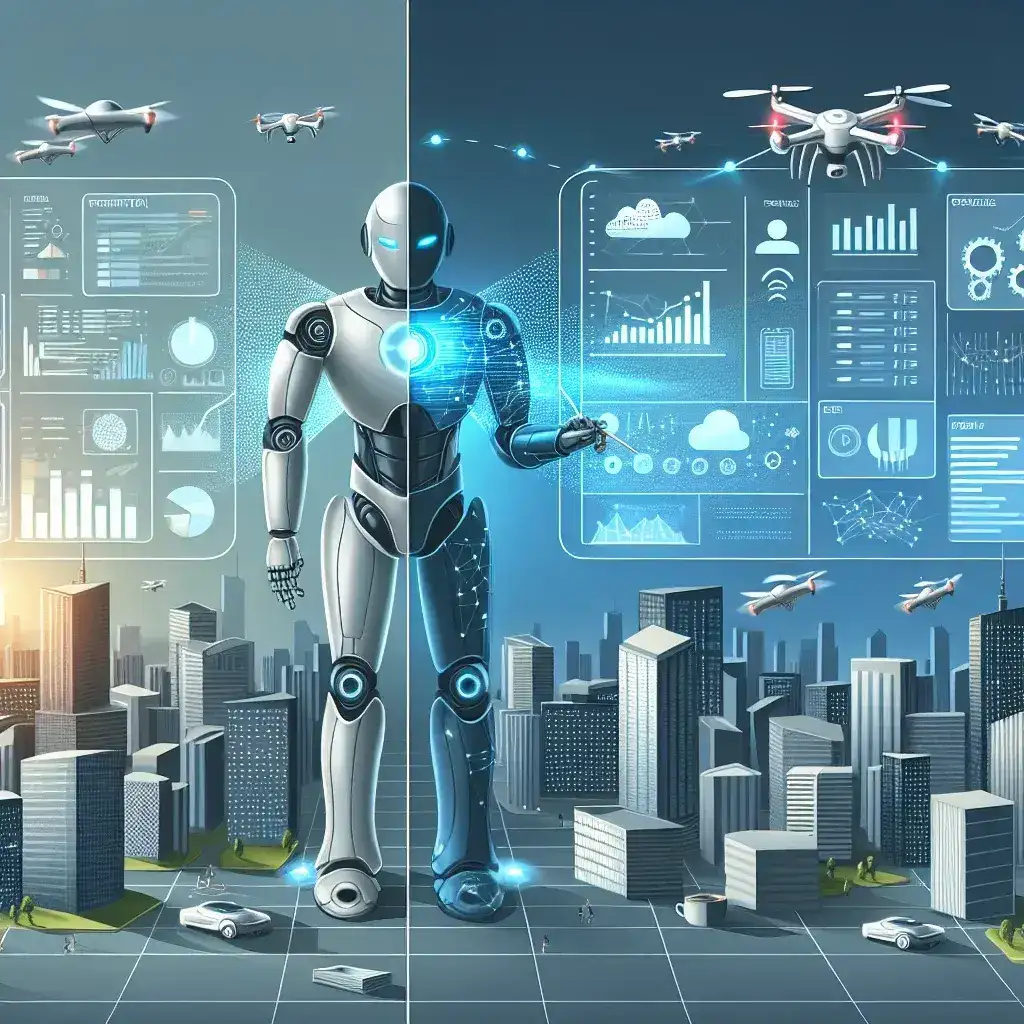
AI in Marketing Automation: Transforming Strategies for the Future
Introduction
Artificial Intelligence (AI) is reshaping various industries, and marketing automation is no exception. By integrating AI into marketing strategies, companies can enhance their operational efficiency, analyze consumer behavior, and deliver personalized experiences that foster customer loyalty. In this article, we delve into the numerous ways AI is transforming marketing automation.
The Role of AI in Marketing Automation
AI technologies, such as machine learning and natural language processing, are increasingly being employed in marketing automation to streamline processes, improve targeting, and automate repetitive tasks. Here are some core areas where AI makes a significant impact:
- Data Analysis and Insights: AI can analyze vast amounts of data at a rapid pace, providing marketers with valuable insights into customer behavior and preferences. This enables better decision-making and targeted marketing campaigns.
- Personalization: With AI, marketers can create personalized experiences for their customers by tailoring content and offers based on individual preferences and past behaviors.
- Content Creation: AI-driven tools can assist in generating content, from social media posts to email campaigns, ensuring that messaging resonates with target audiences.
- Chatbots and Customer Service: AI-powered chatbots can interact with customers in real time, providing instant responses and support, which enhances user experience.
- Predictive Analytics: AI can forecast future trends and customer behaviors, helping businesses to proactively adjust their marketing strategies.
Benefits of AI in Marketing Automation
The integration of AI into marketing automation provides several key benefits:
- Increased Efficiency: By automating repetitive tasks, AI allows marketers to focus on strategic initiatives.
- Cost Savings: Reducing the need for manual processes and optimizing marketing efforts can lead to significant cost savings.
- Enhanced Customer Experiences: Personalized marketing efforts result in improved customer satisfaction and loyalty.
- Improved ROI: With targeted campaigns and better insights, businesses can experience higher returns on their marketing investments.
Challenges of Implementing AI in Marketing Automation
While the benefits of AI in marketing automation are compelling, there are challenges to consider:
- Data Privacy: With increasing regulations on data privacy, companies must ensure they comply with legal standards when utilizing customer data.
- Integration with Existing Systems: Adapting current marketing systems to accommodate AI technology can require a substantial investment of time and resources.
- Skill Gaps: There is a need for skilled personnel who can effectively implement and manage AI-driven marketing strategies.
The Future of AI in Marketing Automation
Looking ahead, AI is set to play an even more significant role in marketing automation. As technology continues to advance, businesses that leverage AI effectively can expect to enhance their agility, responsiveness, and overall marketing performance.
Conclusion
AI in marketing automation is not just a trend; it is a revolutionary shift that is reshaping how businesses operate and connect with their customers. By embracing AI, marketers can drive efficiency, enhance personalization, and ultimately deliver superior customer experiences. As we move forward, it will be crucial for organizations to adapt to these technologies to stay competitive in an ever-evolving market landscape.




Leave a Comment